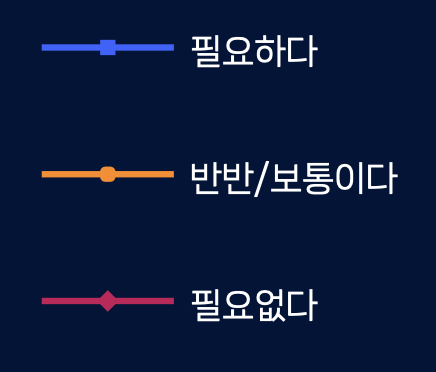[94th Unification Studies Forum] Implications of the Ukraine War and South Korea’s Response
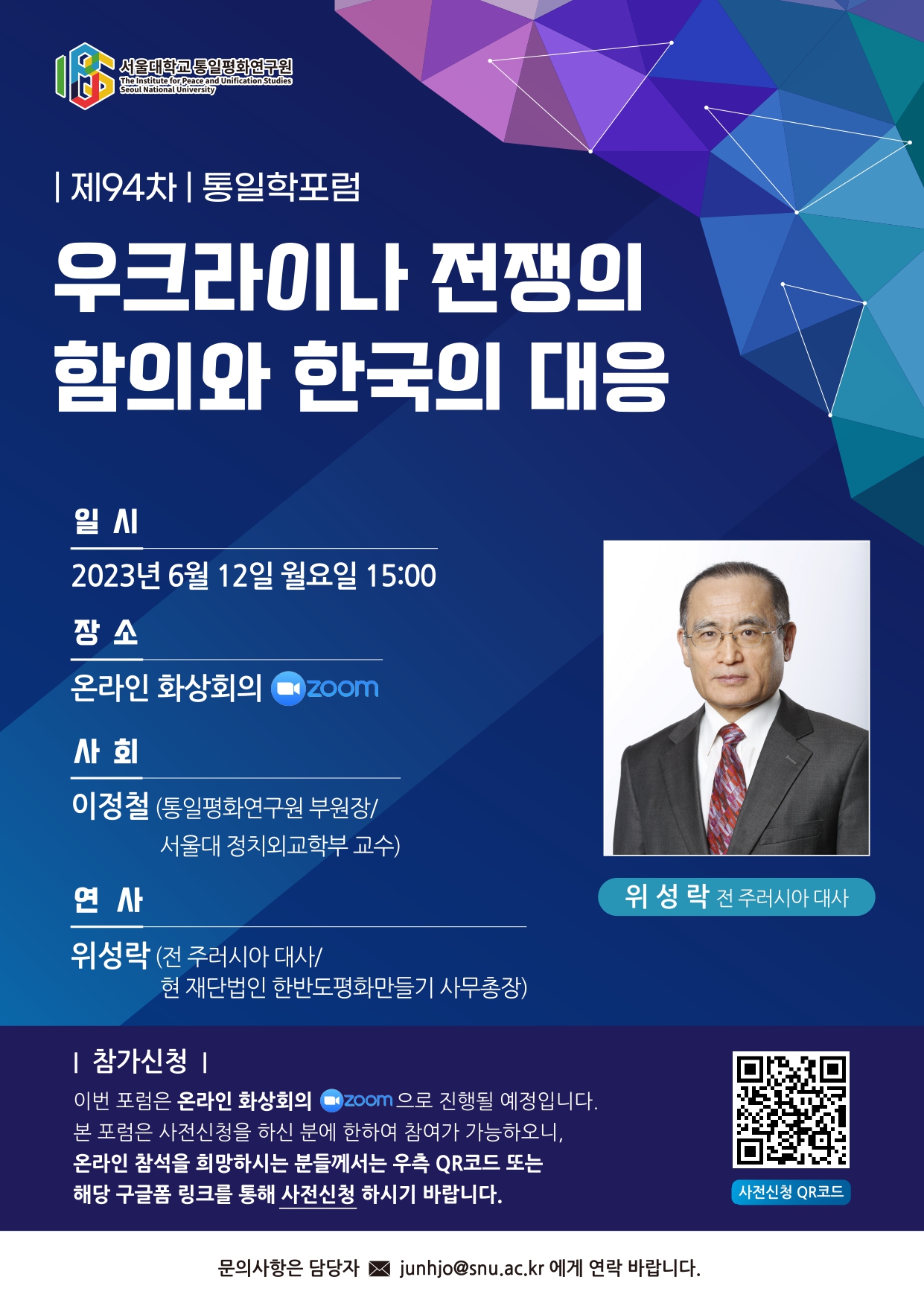
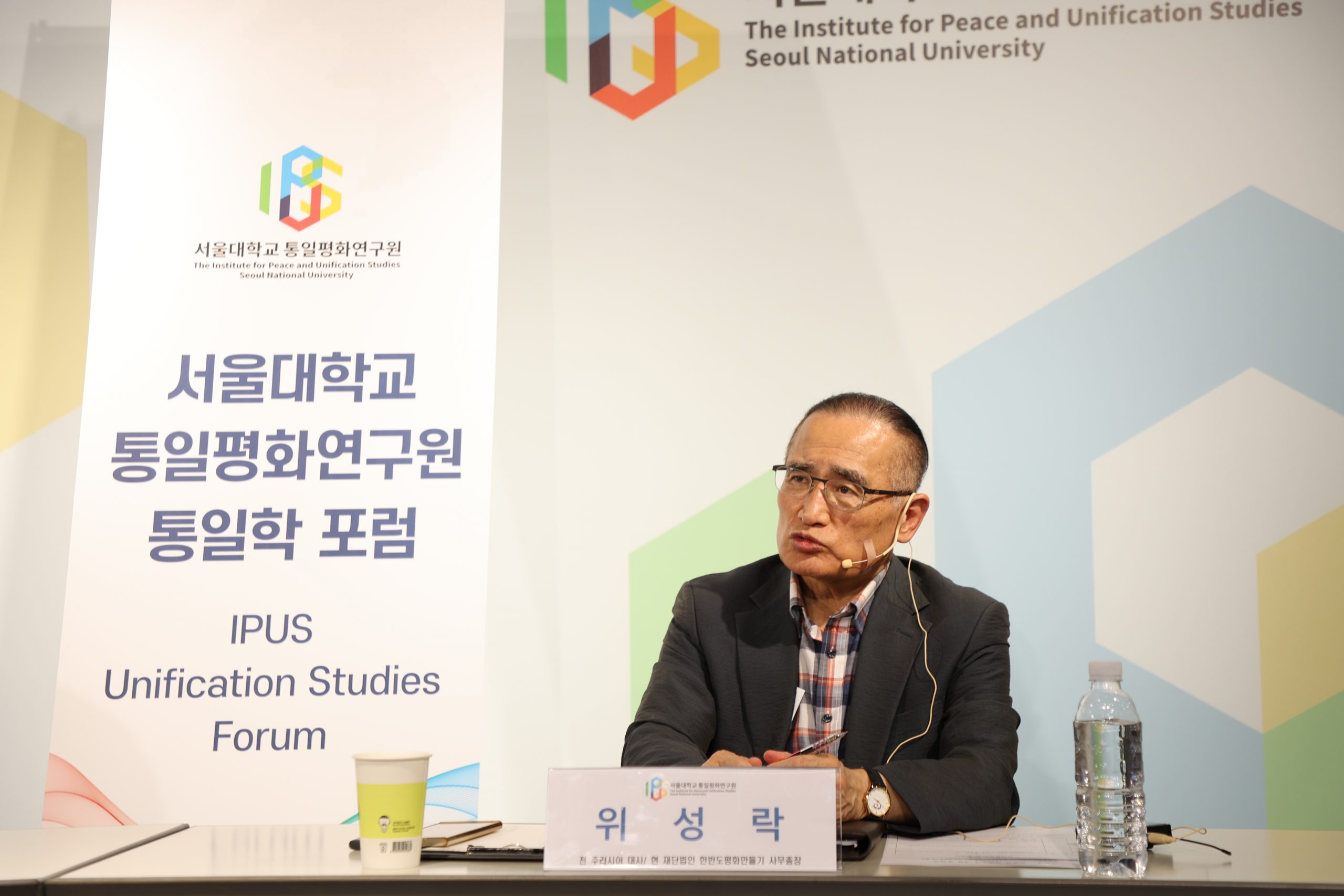
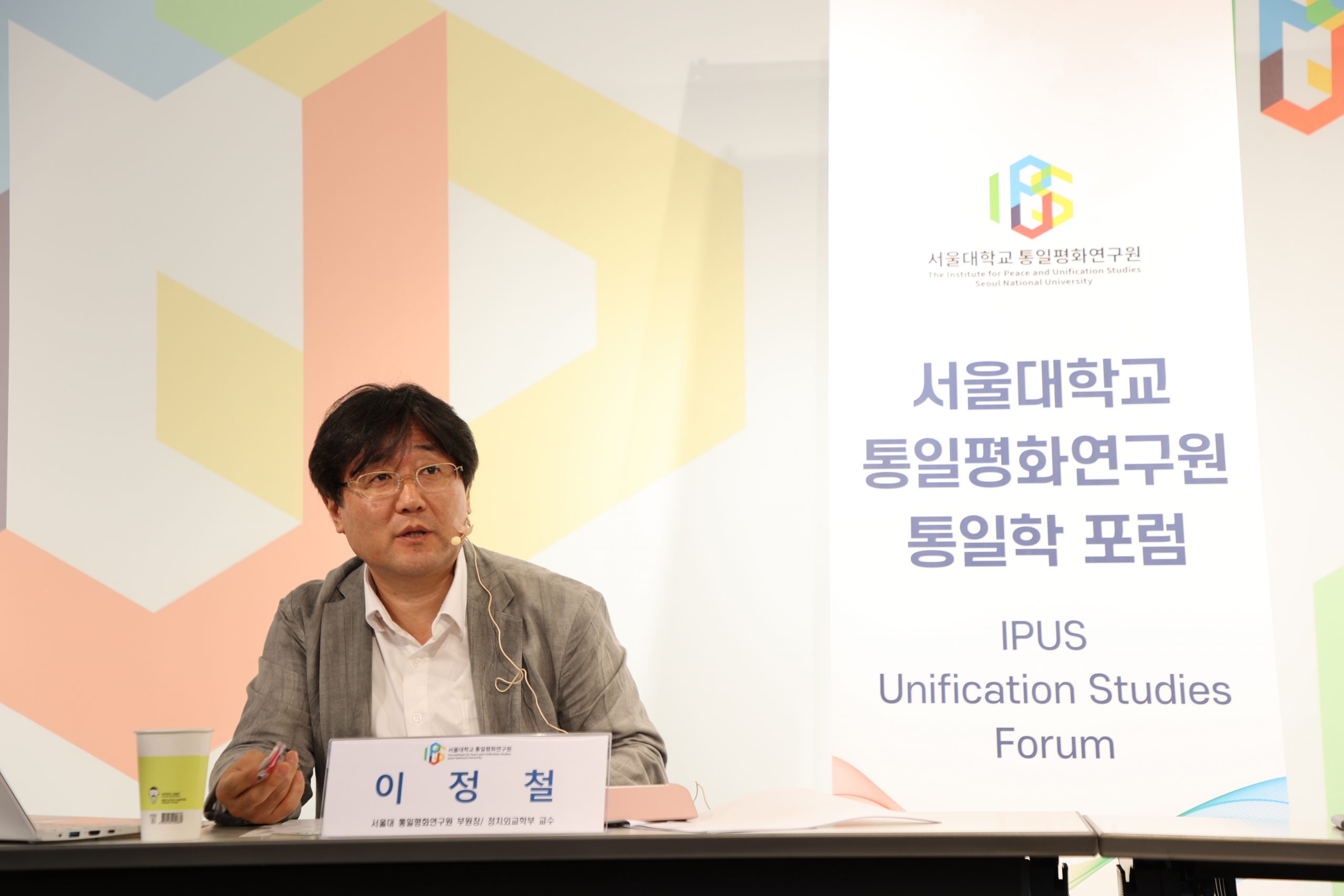
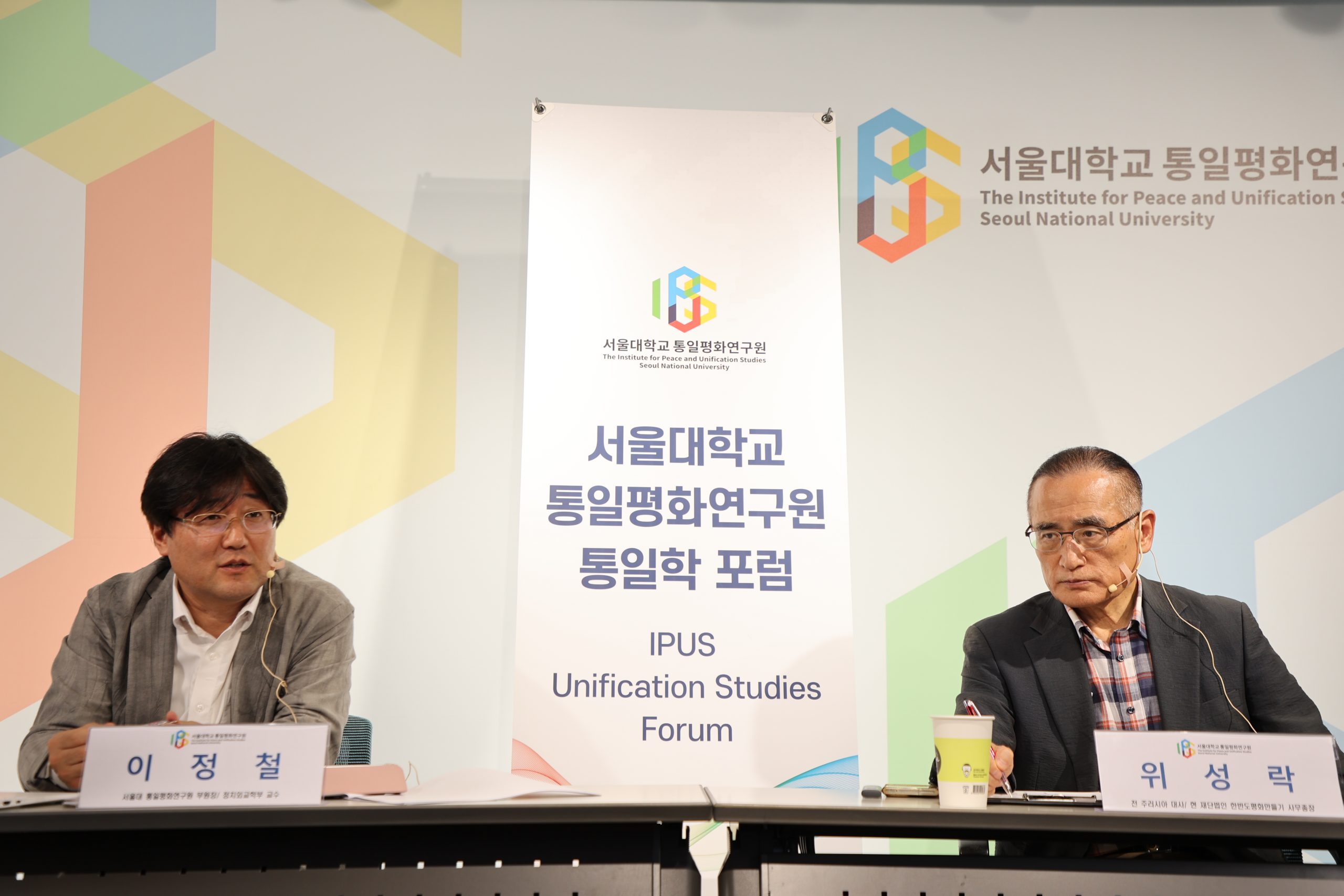
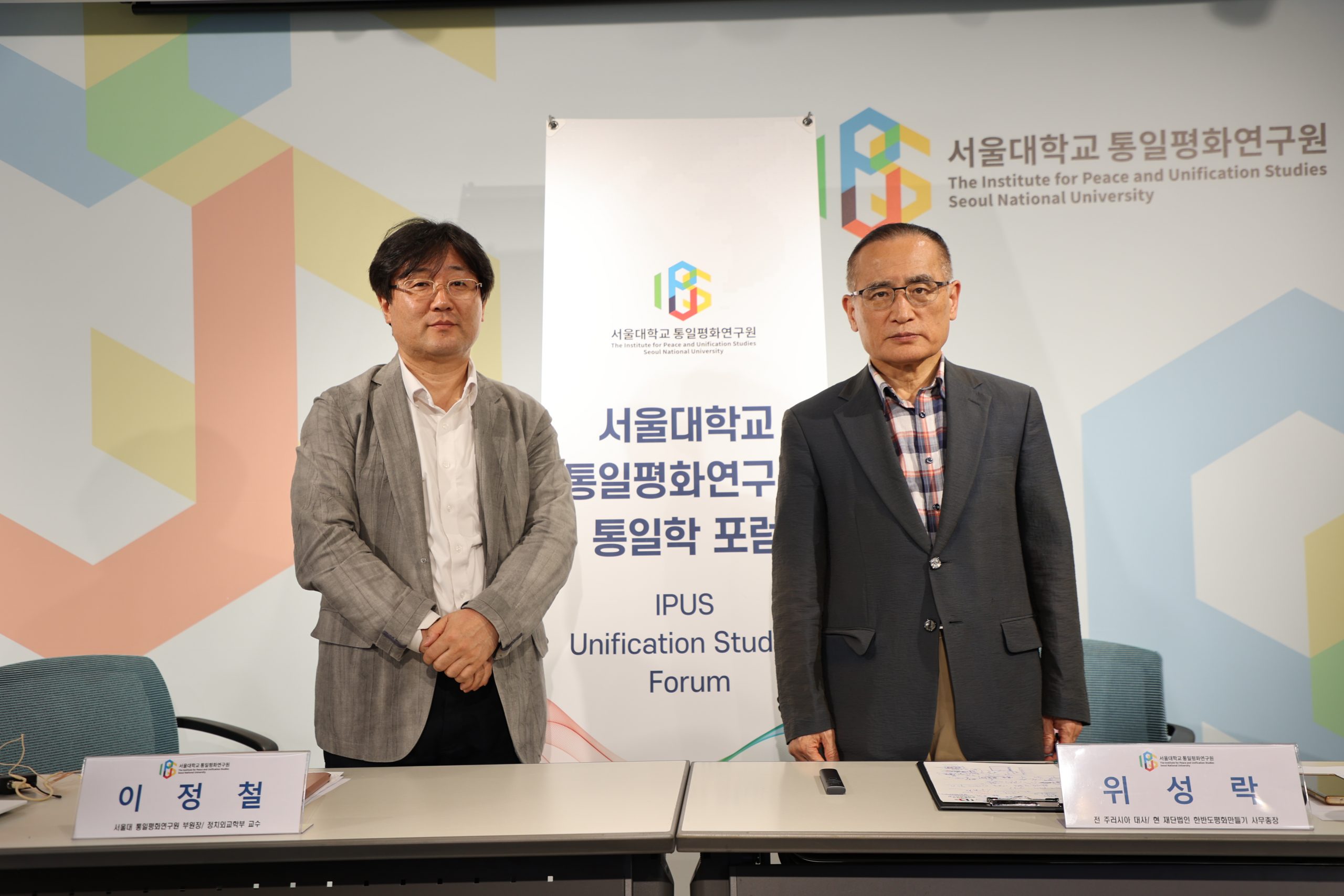
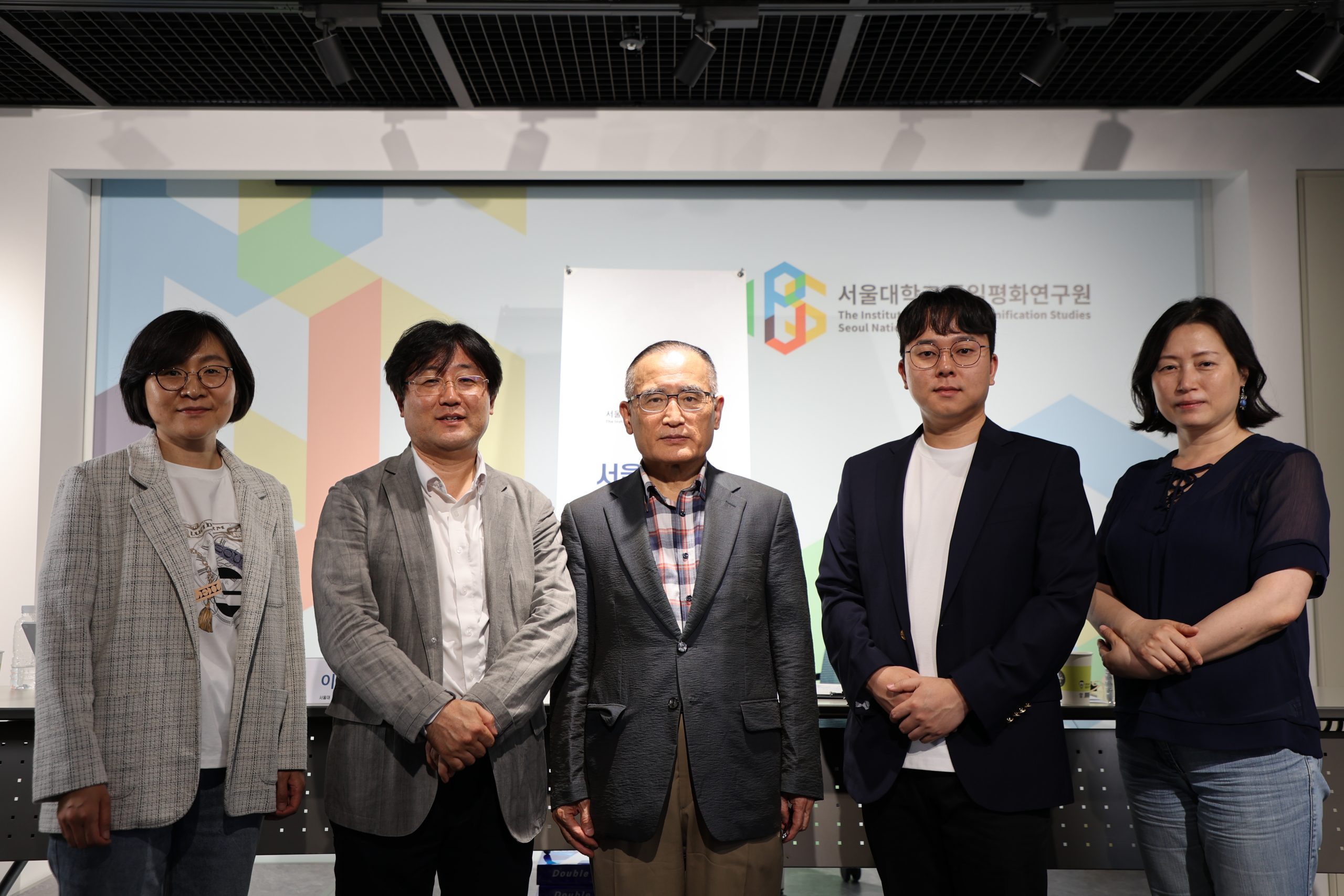
- Date&Time: June 12th (Mon) 15:00 –16:30 (KST)
- Venue: Online video conference (ZOOM)
- Host: Lee, Jung-chul (IPUS Deputy Director/ Professor, Department of Political Science and International Relations, Seoul National University)
- Speaker: Wi, Sung-lac (Former Republic of Korea Ambassador to Russia/ Current Secretary General of Korea Peace Foundation)
- Topic: Implications of the Ukraine War and South Korea’s Response
The Institute for Unification and Peace Studies at Seoul National University(IPUS at SNU) held the 94th Unification Studies Forum on Monday, June 12, 2023, with Wi Sung-lac, Former Republic of Korea Ambassador to Russia, as the guest speaker. The “Unification Studies Forum” is an expanded and revamped version of the “Unification Policy Forum,” which was held 75 times from 2006 to 2020, and is currently hosting its 94th session. In this forum, Lee Jung-chul, IPUS Deputy Director and Professor of the Department of Political Science and International Relations at Seoul National University, served as the host and delivered the opening remarks.
Ambassador Wi Sung-lac pointed out that “Russia’s invasion of Ukraine has had a significant impact not only on energy and food prices but also on security, trade, and international relations as a whole,” and he argued that this is “placing a burden on the South Korean government’s important policy choices.” Ambassador Wi emphasized that “Ukraine and Russia have close ties in terms of language, race, and history,” and he revealed that after Ukraine’s independence, the following were key points of contention between the two countries: 1) the lease conditions of the Russian Black Sea Fleet’s base in Sevastopol, Ukraine, 2) transit fees for Russian gas pipelines passing through Ukraine for European exports, and 3) conflicts between pro-Russian and pro-Western routes within Ukraine. He particularly highlighted that “the collapse of the pro-Russian government in Ukraine and its pursuit of EU and NATO membership following the 2013 Maidan Revolution led Russia to perceive it as a threat to national security and its regime, resulting in aggressive actions such as the annexation of Crimea in 2014 and support for separatist movements in the Donbas region.”
Ambassador Wi indicated that “the current situation suggests that Russia is not progressing as it initially intended, and if the situation favors Russia, Ukraine will be uncooperative in negotiations. Negotiations will take place only if Ukraine gains a slight edge over Russia in the war.” He further stated, “If Ukraine decisively gains the upper hand, the possibility of Russia resorting to tactical nuclear weapons is raised.”
Regarding the implications of this war, Ambassador Wi forecasted that “it has brought dramatic changes to the international power dynamics, ultimately sharpening the divide between the West, centered around the United States, and the rest, including Russia and China,” and he expressed concern that “the international landscape is entering a new era of irreversibly challenging the post-Cold War era.” Moreover, he emphasized that “it will heighten China’s strategic concerns related to the invasion of Taiwan in the Asia-Pacific region and deepen Korea’s contemplation on its approach to the Russia relationship while providing an opportunity for North Korea to expand its room for maneuver.”
Ambassador Wi speculated that “if Russia agrees to a ceasefire in Ukraine, maintaining a confrontational stance with the West and a collaborative stance with China,” it will be challenging for the Yoon Seok-youl administration, which has strongly emphasized diplomacy based on values and defending freedom, to ignore the pressure on against Russia and, by extension, China. In response to this, Ambassador Wi proposed that South Korea should “first, increase cooperation with the United States and the West while determining specific Korean policy coordinates and directions. Second, after securing a certain degree of cooperation space with Russia and China, make efforts to separate issues that fall under the international community’s common understanding to minimize the influence of international confrontations. Third, ensure there is no discrepancy between the rhetoric of value-oriented diplomacy and actual actions, and finally, carefully assess the impact of the Ukrainian situation on international dynamics and handle it appropriately.”
















